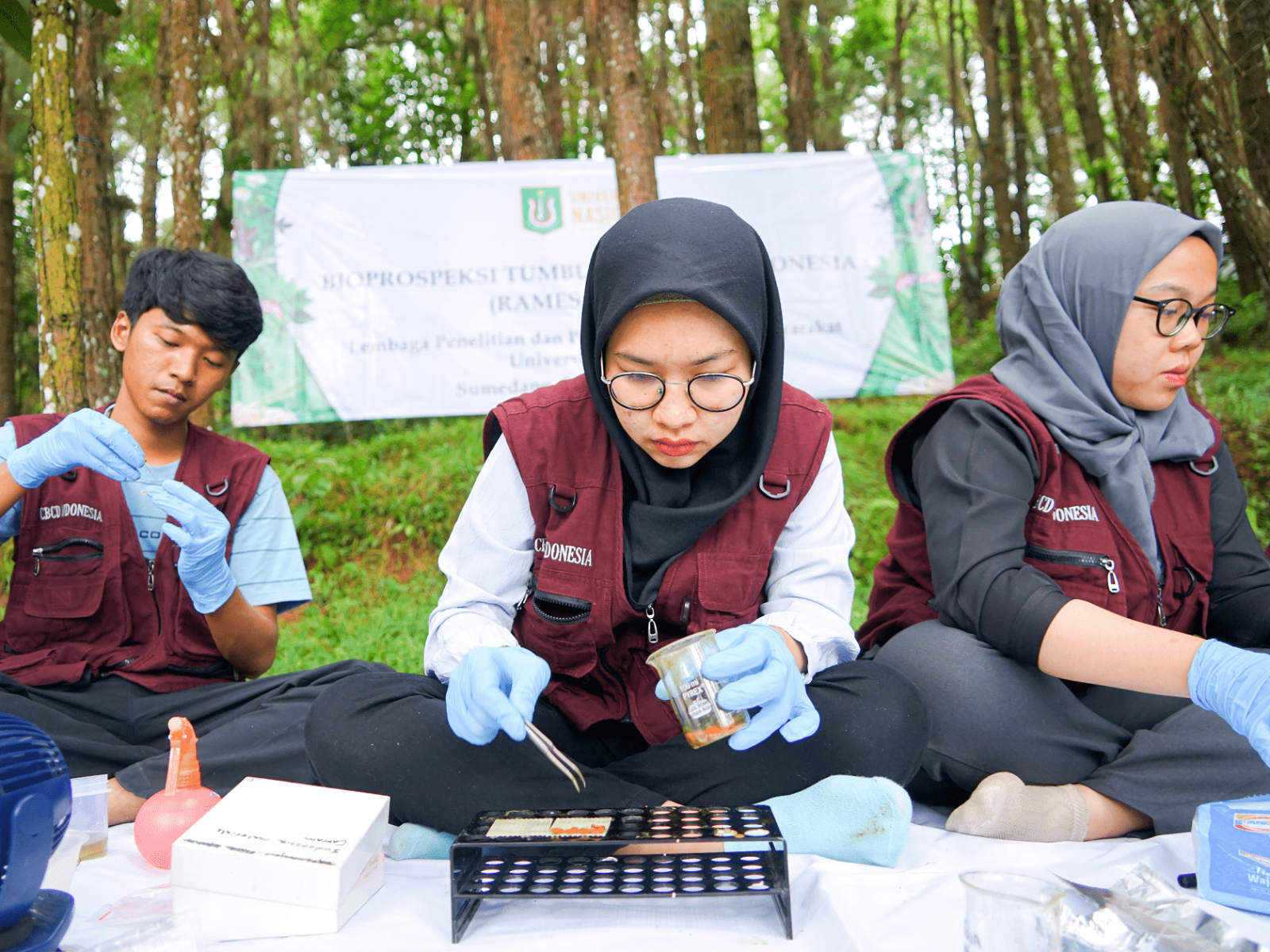
Support research and people driving regional solutions with APN
Climate change and climate variability

Support research and people driving regional solutions with APN
Biodiversity and ecosystems
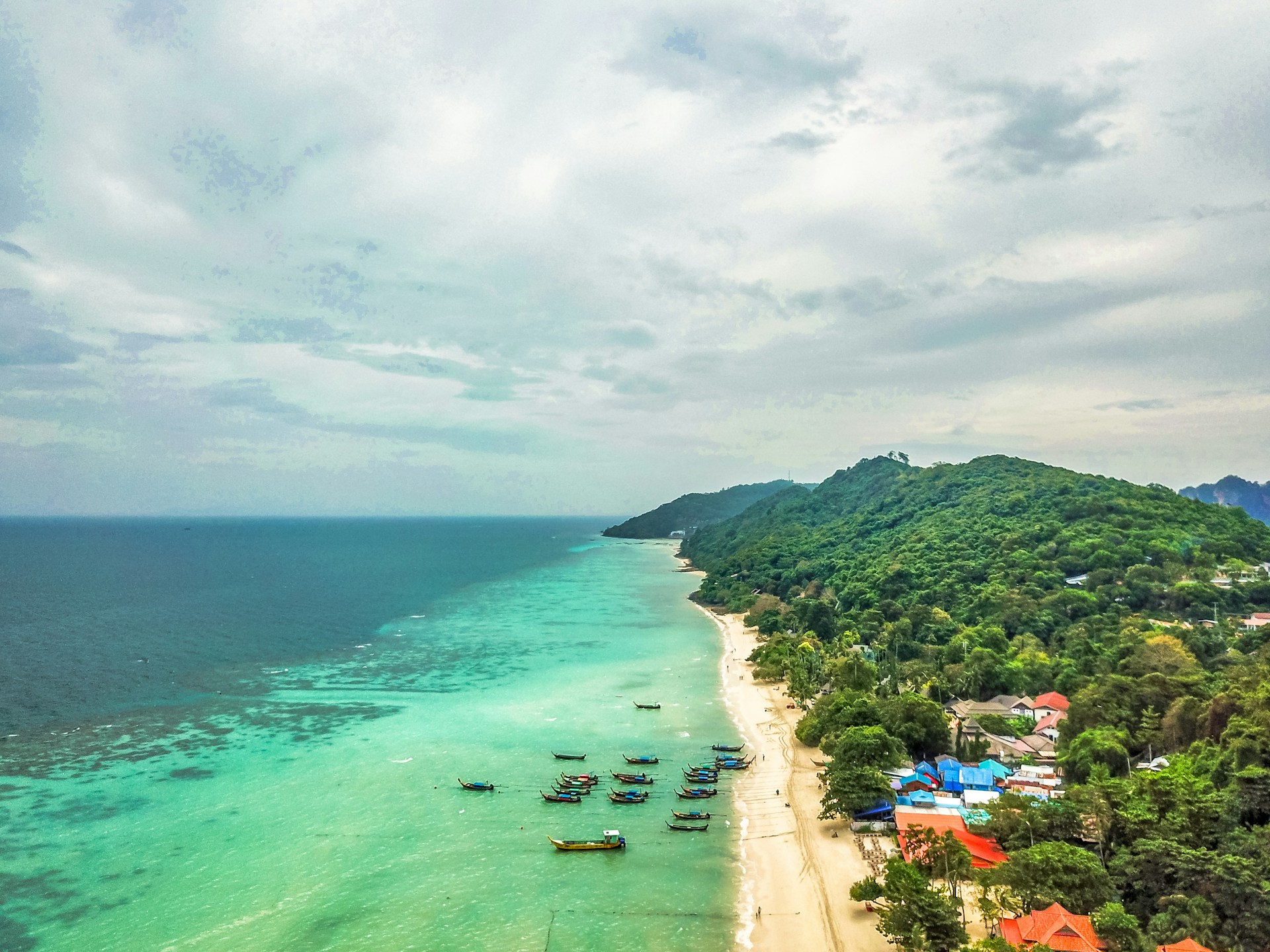
Support research and people driving regional solutions with APN
Air, land, coasts and oceans
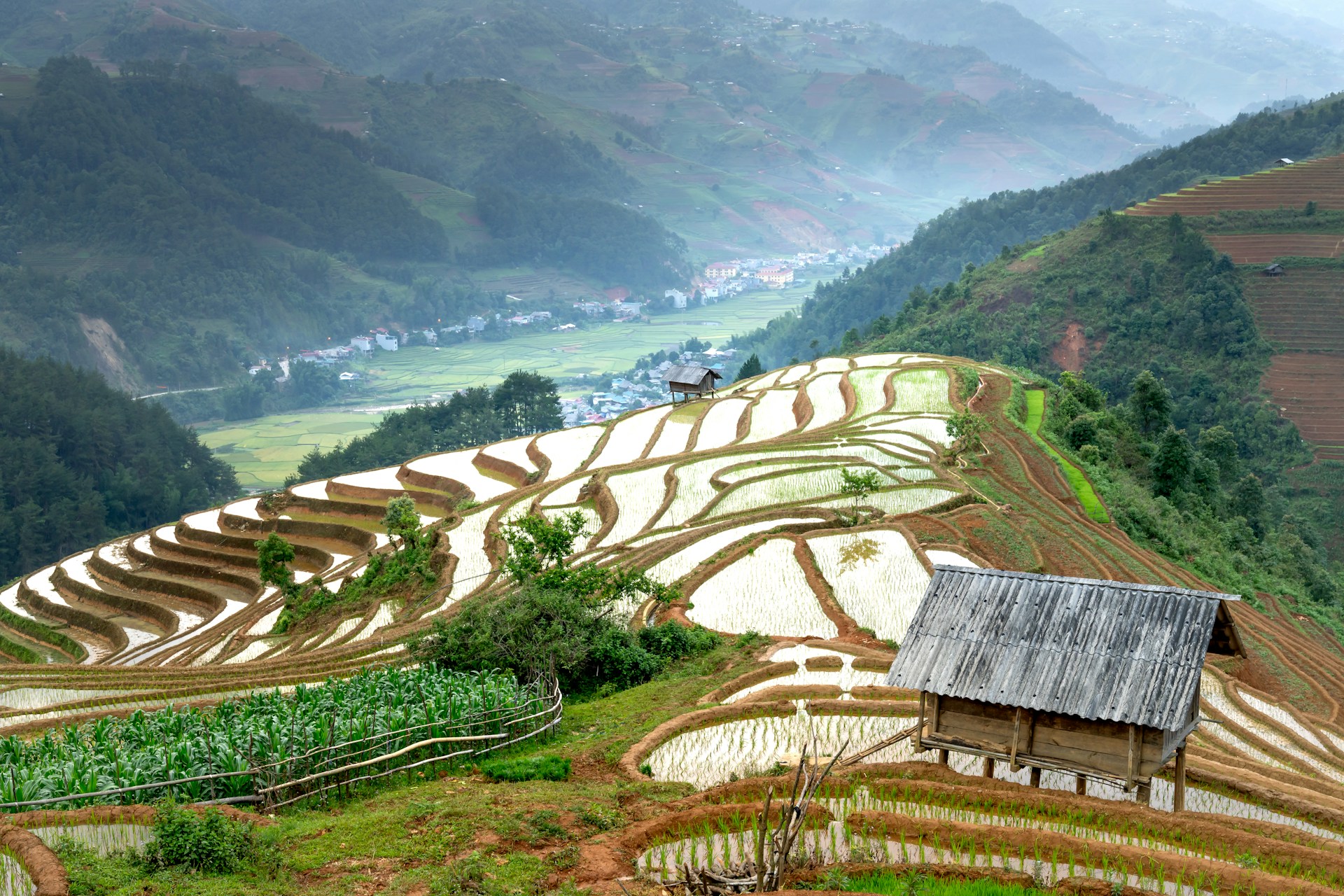
Support research and people driving regional solutions with APN
Food, water and energy
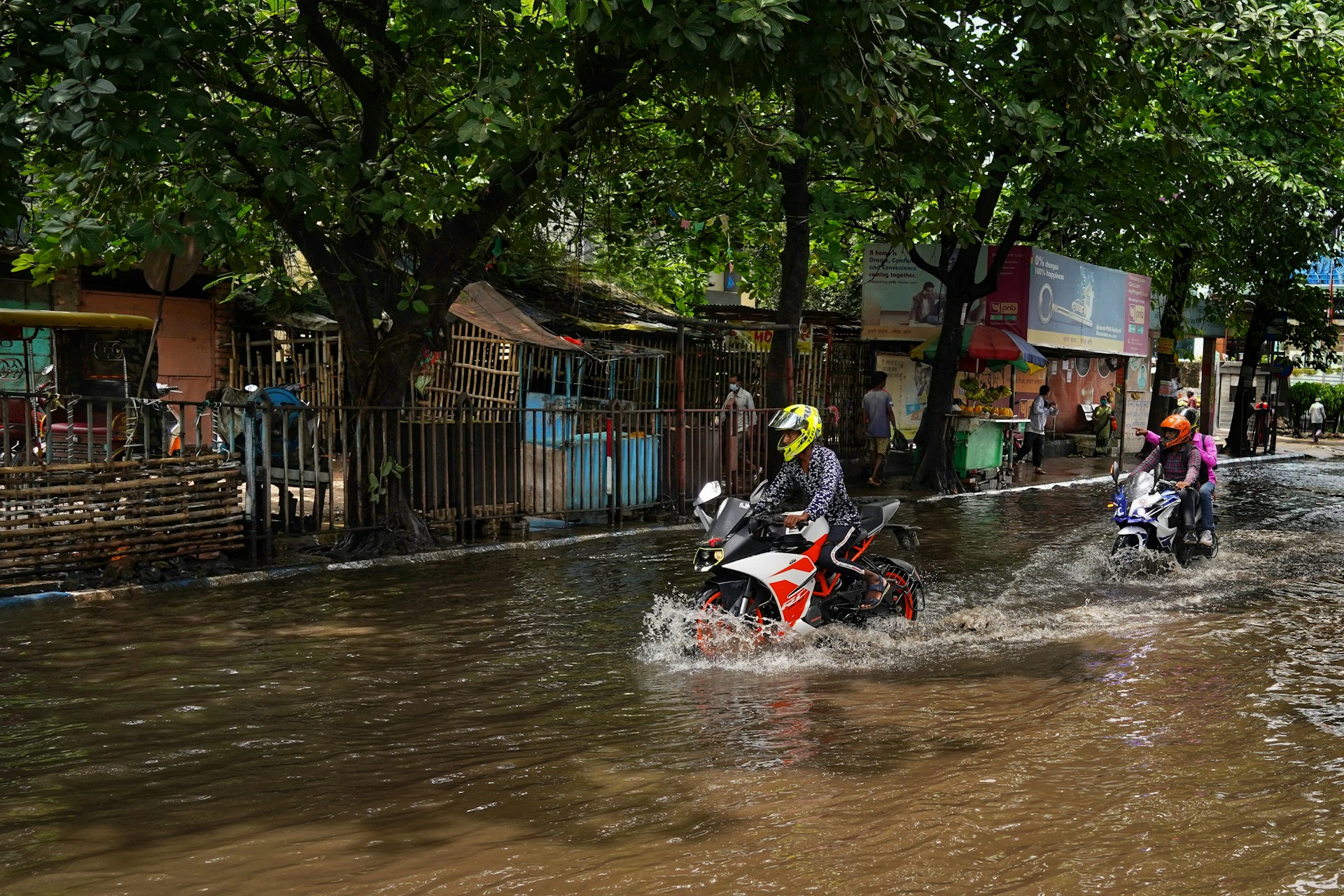
Support research and people driving regional solutions with APN
Risk reduction and resilience
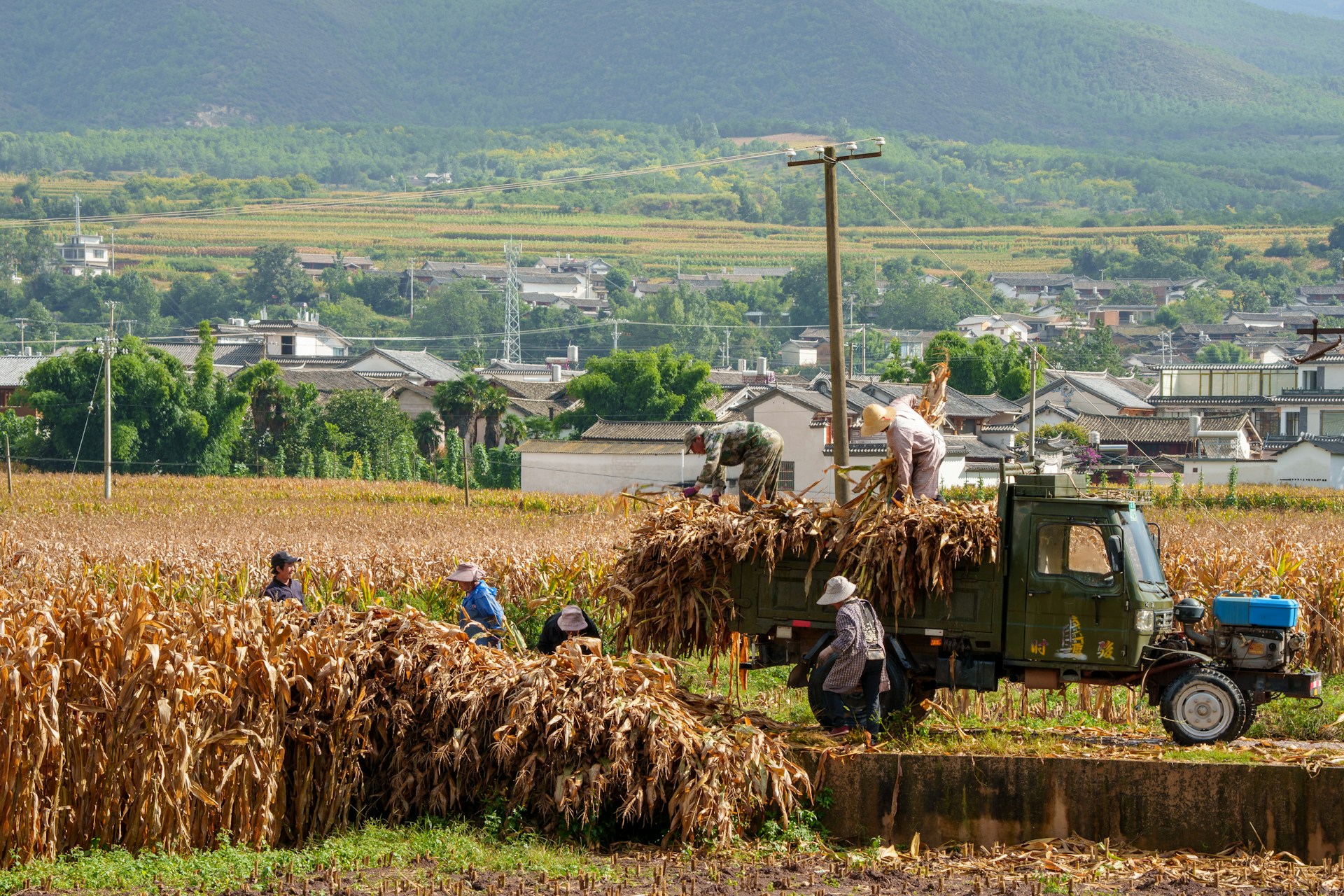
Support research and people driving regional solutions with APN
Human dimensions
Meeting the challenge of global change
The Asia-Pacific region is home to both rapidly growing cities and vulnerable ecosystems — and the capacity to respond to environmental challenges remains deeply uneven. From record-breaking heatwaves and devastating floods to shrinking biodiversity and rising sea levels, the impacts of global change are accelerating, and these impacts are acutely felt across the region. To meet these challenges, we need more than data — we need shared knowledge, regional collaboration, and locally relevant solutions. Sustained support is essential to ensure this work continues and reaches those who need it most.
Why support to APN
APN brings together 22 countries across the Asia-Pacific region, collectively representing nearly half of the world’s population. This unique regional network enables timely and coordinated responses to sustainability challenges that cross national borders. By fostering partnerships among scientists, policymakers and practitioners, APN turns knowledge into action — from climate resilience planning to capacity-building programmes that empower local stakeholders. Your donation directly contributes to these efforts, enabling faster implementation and broader regional impact.
Featured programmes
From research to capacity development, our programmes apply science-based approaches to address the real-world impacts of global change, with a focus on climate adaptation.
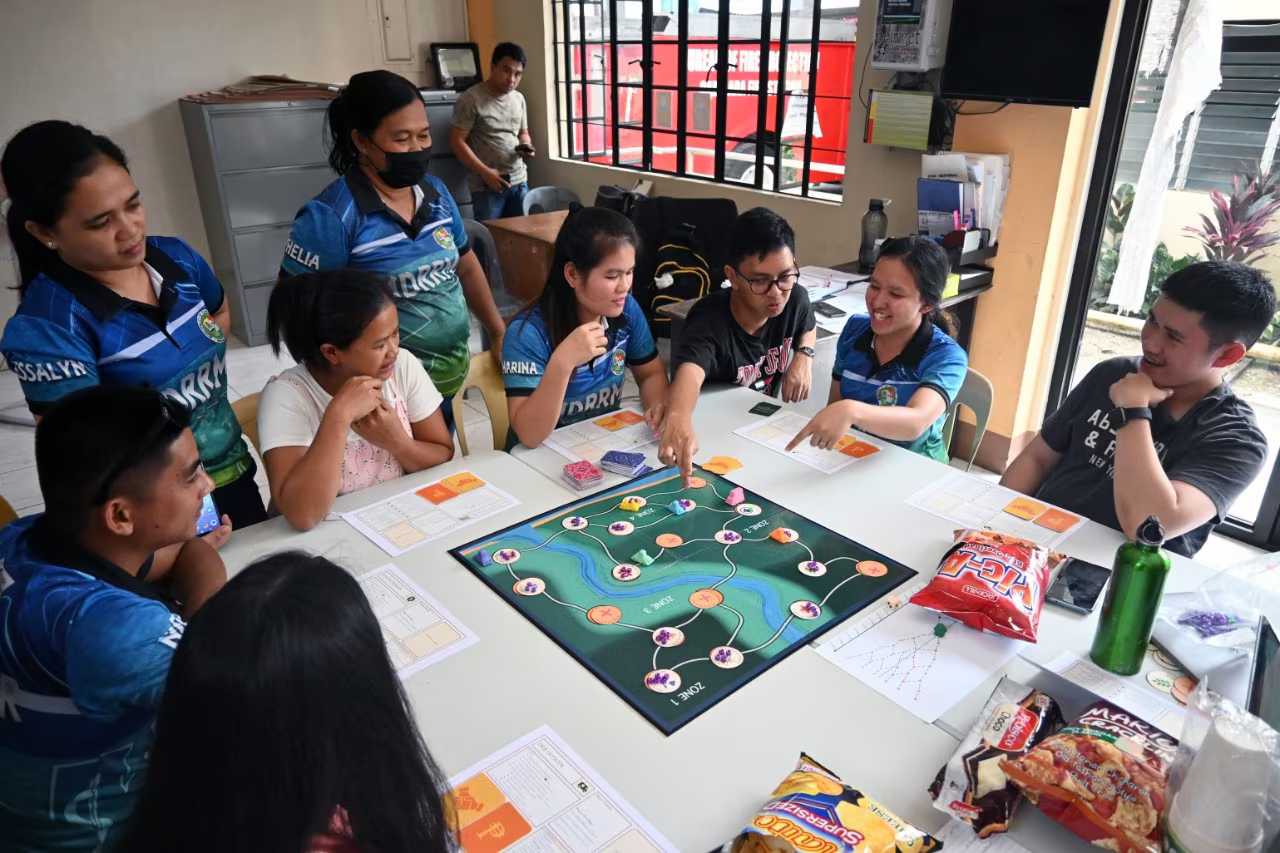
Collaborative Regional Research Programme (CRRP)
Advancing research for regional resilience
The Collaborative Regional Research Programme (CRRP) supports cutting-edge, transboundary research across multiple countries to advance climate adaptation, particularly in water security and sustainable resource management. The following projects demonstrate how CRRP turns collaboration into practical tools for resilience:
Forecasting tomorrow: Guiding strategies with climate science
Southeast Asia faces rising risks from extreme climate events, making timely, precise information essential for effective adaptation. This project delivered high-resolution (5 km) climate projections for diverse landscapes, including the Lower Mekong, Mindanao, Java and Peninsular Malaysia. These insights are now guiding national strategies and resilience planning across the region. By equipping early career climate researchers and providing open access to vital datasets, the project is strengthening national capacities to assess risks, inform adaptation efforts and support long-term planning.
Resilient water futures: Understanding local adaptation to water stress
In riverine island communities across India, Bangladesh and Vietnam, families are navigating intensifying water challenges, including flooding, saltwater intrusion and reduced access to water for household use and farming. This project used a socio-hydrological lens to examine how communities adapt, highlighting the social and psychological benefits of voluntary non-migration in Bangladesh. In India, risk and vulnerability analysis offered insights into climate-related water stress and its effect on well-being. The findings inform sustainable water management and future decision-making across diverse contexts.
Explore the CRRP Programme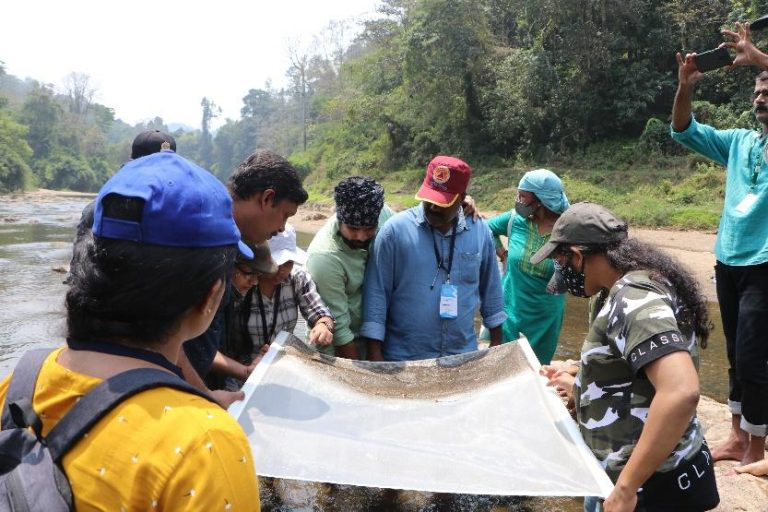
Scientific Capacity Development Programme (CAPaBLE)
Building capacity for a sustainable future
The Capacity Development Programme (CAPaBLE) supports cross-sectoral initiatives that build the skills of scientists, policymakers and practitioners through training, awareness-raising and science communication. The following projects demonstrate how CAPaBLE turns knowledge into practical skills for real-world use:
Recharge in focus: Empowering groundwater resilience
Across 12 Indian states, this project strengthened capacity for groundwater recharge planning through a web-based mapping tool. Around 260 participants were trained in satellite-based modelling techniques to identify where recharge systems would be most effective. The freely accessible tool supports data-driven planning grounded in local needs at the community level. The project also integrated traditional methods like Rajasthan's Chauka systems with modern modelling, promoting sustainable groundwater use. All training resources and data are publicly available for continued learning.
From calendars to contingency: Local knowledge meets climate data
In Bangladesh and India, shifting seasons and erratic weather are disrupting crop cycles and putting rural livelihoods at risk. This project introduced a Climate Information Network (CIN) to around 2,000 farmers, combining traditional knowledge with scientific planning to co-develop localised cropping calendars. A CIN-based mobile app gave 400 farmers access to timely weather alerts, climate data and market information. The app also supported disaster relief efforts, where development-aid workers used it to coordinate seed distribution and rehabilitation in coastal areas affected by natural disasters.
Explore the CAPaBLE ProgrammeSupport our mission
Each contribution supports collaborative research, strengthens capacity and advances science-based solutions to global change challenges across the Asia-Pacific region.
Donation levels
- Personalised thank-you letter
- Personalised thank-you letter
- Early registration to APN events
- Personalised thank-you letter
- Early registration to APN events
- Name recognition
- Personalised thank-you letter
- Early registration to APN events
- Name recognition
- Logo placement
Donate through IGES platform
To ensure the safety and integrity of all transactions, donations are facilitated through a secure platform maintained by the host organisation of APN, the Institute for Global Environmental Strategies (IGES).
Donor recognition and incentives
Personalised thank-you letter
Supporters receive a personalised letter of appreciation from APN, expressing gratitude for their contribution to the organisation's mission.
Priority invitations to APN events
Supporters are provided with early notice and priority access to events organised by APN, including the opportunity to register before public announcements.
Name recognition (individuals and organisations)
With consent, the names of individual or organisational supporters are featured on the APN website and included in the annual report.
Logo placement (organisation supporters)
With consent, corporate supporters have their organisation's logo displayed on the APN website, in the annual report, and on posters and presentation slides used at international conferences and events hosted or attended by APN.
Tax benefits (applicable to contributions made within Japan)
Contributions are processed through the host institution of APN, the Institute for Global Environmental Strategies (IGES), which is recognised as a Public Interest Incorporated Foundation under Japanese tax law. This designation allows both individual and corporate supporters to benefit from preferential tax treatment, including deductions on corporate tax, income tax and resident tax.
Transparency
APN is committed to transparency and accountability. Our annual reports provide detailed insights into how donations are used, highlighting financial stewardship, project outcomes and organisational performance.
View our latest annual report